 There was a time in Alexandria, 2012, during the revolution, when I wouldn’t take a taxi. I travelled by tram, a linear route along the corniche. This way I could avoid taxi drivers turning round mid-flight to ask me if I was married, leering in the rear mirror, driving for the Kentucky 200, texting, eating, shouting into their phones. They might head straight for a ‘sandwich’, two converging cars ahead, or overtake into the path of oncoming traffic. Unbelievable manoeuvres. Taxis are yellow Ladas with the doors hanging off, soft brakes, broken indicator lights or headlamps, well bashed. It’s understandable in a hand-to-mouth existence.
There was a time in Alexandria, 2012, during the revolution, when I wouldn’t take a taxi. I travelled by tram, a linear route along the corniche. This way I could avoid taxi drivers turning round mid-flight to ask me if I was married, leering in the rear mirror, driving for the Kentucky 200, texting, eating, shouting into their phones. They might head straight for a ‘sandwich’, two converging cars ahead, or overtake into the path of oncoming traffic. Unbelievable manoeuvres. Taxis are yellow Ladas with the doors hanging off, soft brakes, broken indicator lights or headlamps, well bashed. It’s understandable in a hand-to-mouth existence.
Alexandrian trams had a ‘women only’ carriage. They travelled at roughly 15m.p.h., hardly stomach-churning in a city remarkably free of Europeans. University students asked where I came from and offered me a seat, welcome after a day at the chalkface. My stop was within walking distance of the school where I worked, and the flat fare was 25 piaster, at that time about a quarter of a pence.
Before I discovered the tram, I used to walk an hour to work. Every day I passed a tramp sleeping in a flowerbed wishing we could swop roles. In the heat, I sloughed off weight like a snakeskin. I took the bus back which was packed and always late. To get to the stop, I had to cross a major arterial road with 6 lanes of traffic . The tram was a win-win.
The training contract was suspended after the ‘coup’ in June 2013, when Morsi was ousted in favour of General Sisi. I stayed in a small town called Dahab on the Sinai Peninsula waiting for it to be renewed. But it fizzled out; working in Egypt was deemed too dangerous. Transport consisted of pick-up trucks driven by bedouins on empty roads, not an ordeal. It was more of a laugh. However, I did not travel out of town since I felt the same anxiety about transport.
Three years ago I came to Hurghada to settle and retire. Could I teach until I was 66? Are you kidding? I sold my cottage and relocated to a cheap lifestyle in the sun. With no buses in town, taxis were the only option. And my fear persisted. I would beg them to drive ‘barocha’, slowly, ‘schweya, schweya’. They would laugh and nod, driving with their foot on the floor.
The first year, I walked everywhere and only took a taxi back from the fish market where I bought a kilo of sardines for the rescue cats.
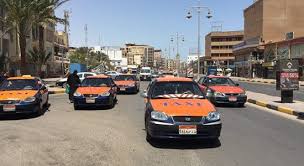
more taxis than in Hurghada
I need not have worried. Hurghada is a tourist resort on the Red Sea. The traffic is light and most drivers are used to foreigners in beach wear. I never have to wait long since there are more taxis than cars. Sweaty palms are a thing of the past. Sit back and enjoy the view.
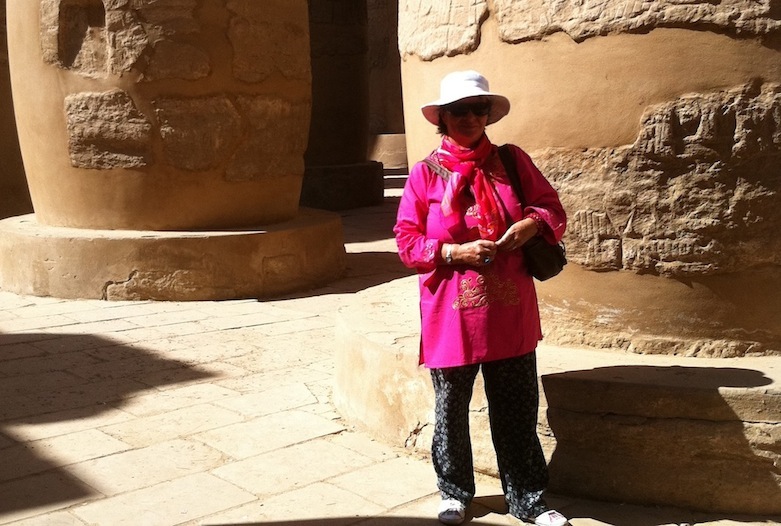



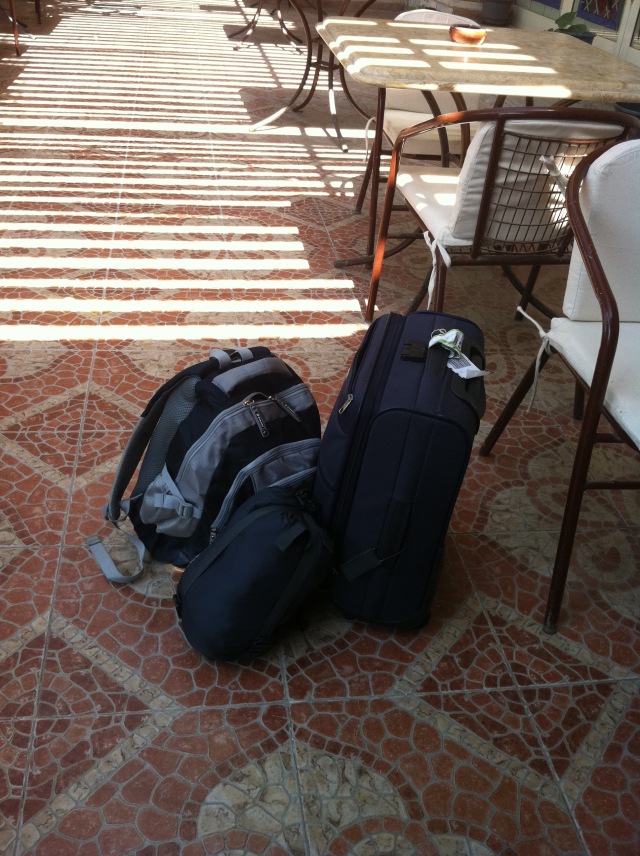

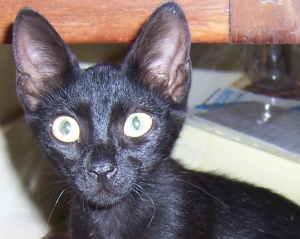
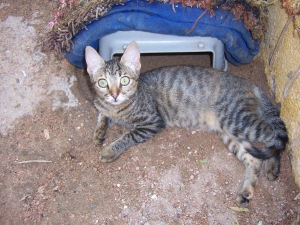
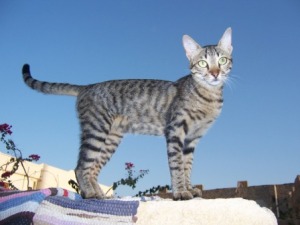

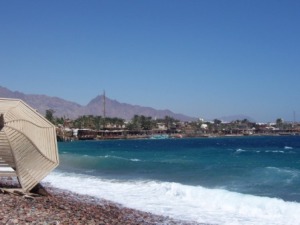
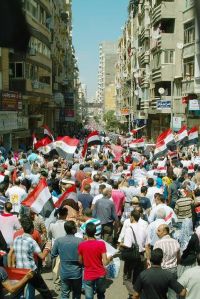


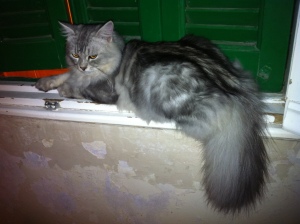



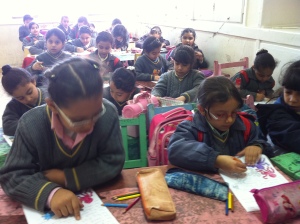

 Morsi electoral campaigners April 2012
Morsi electoral campaigners April 2012